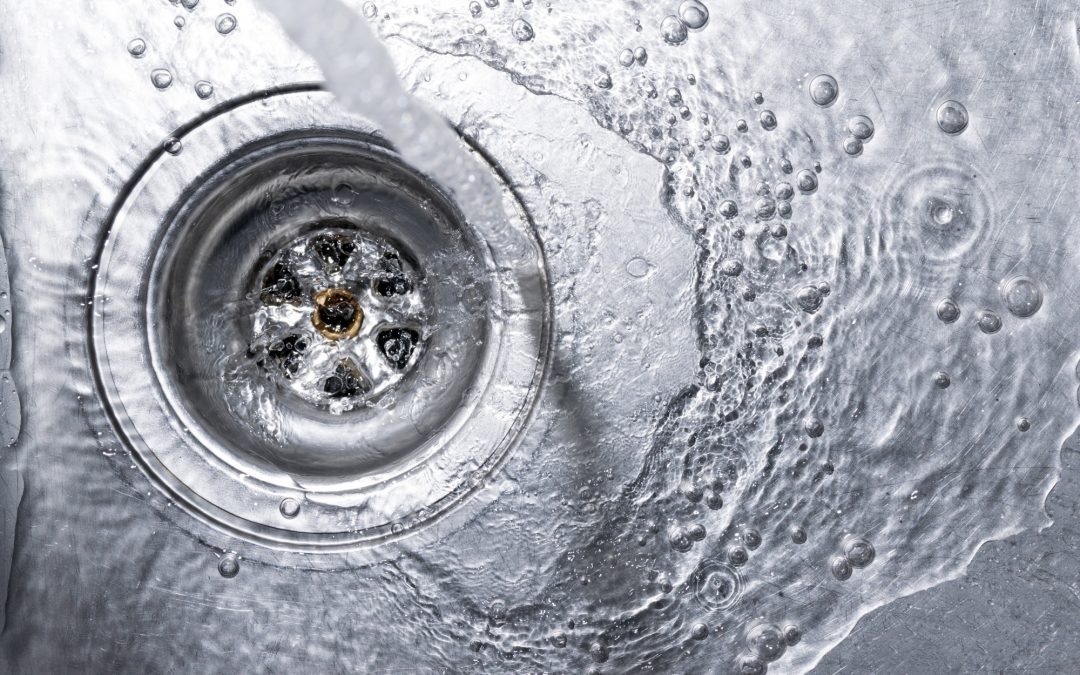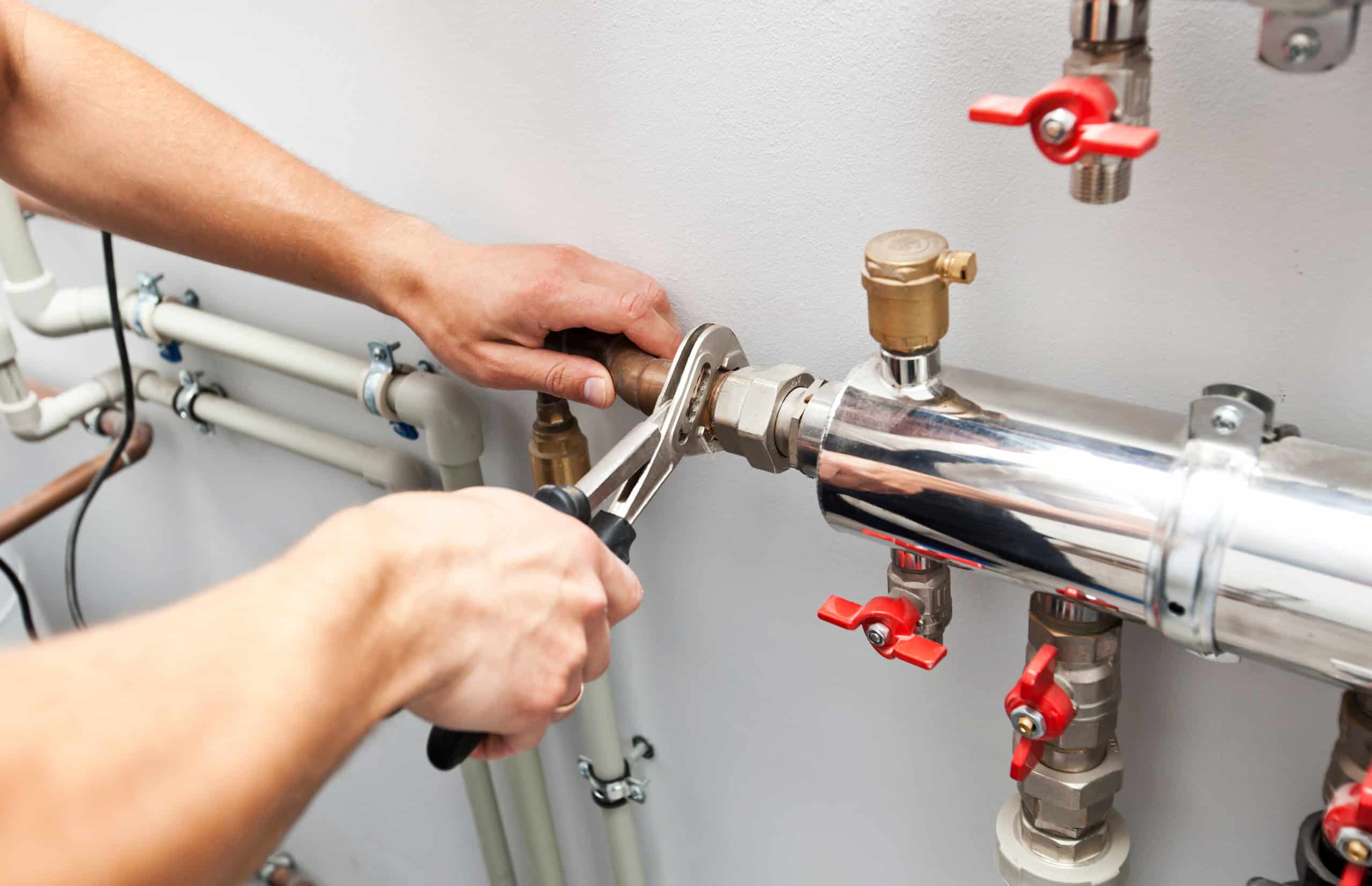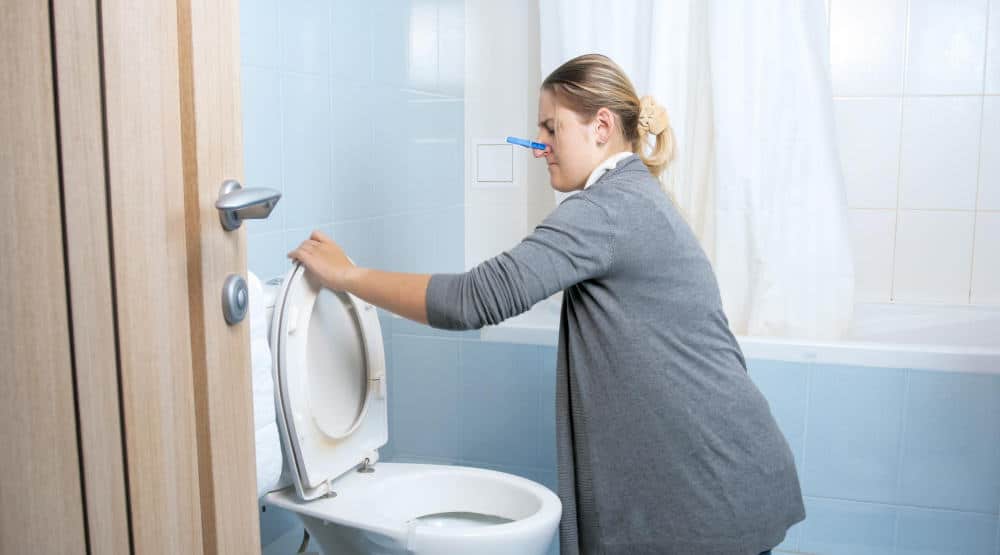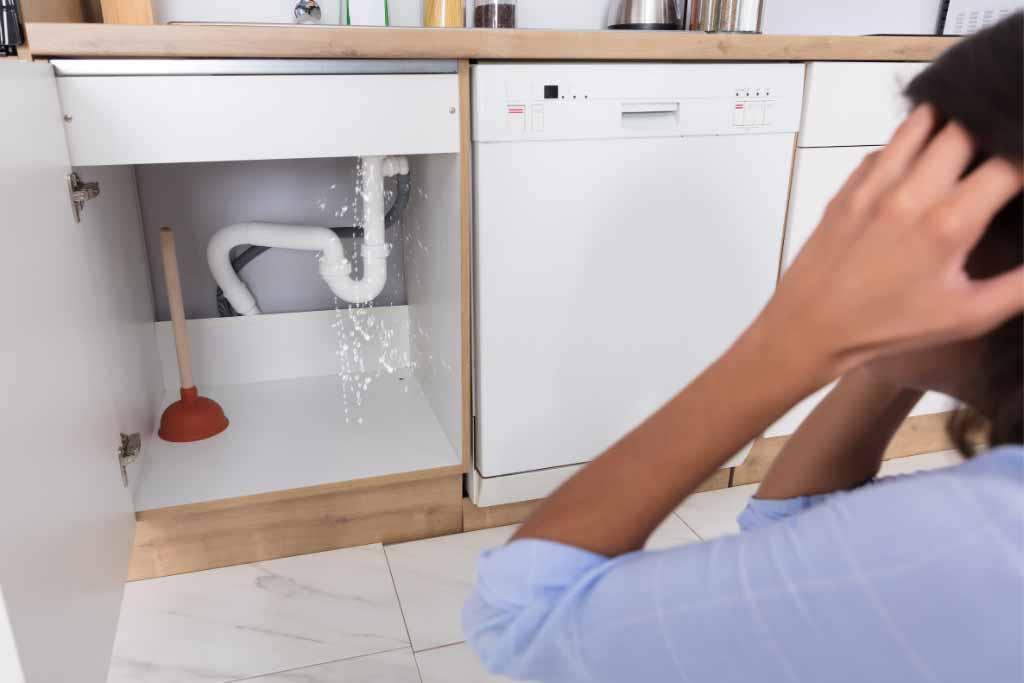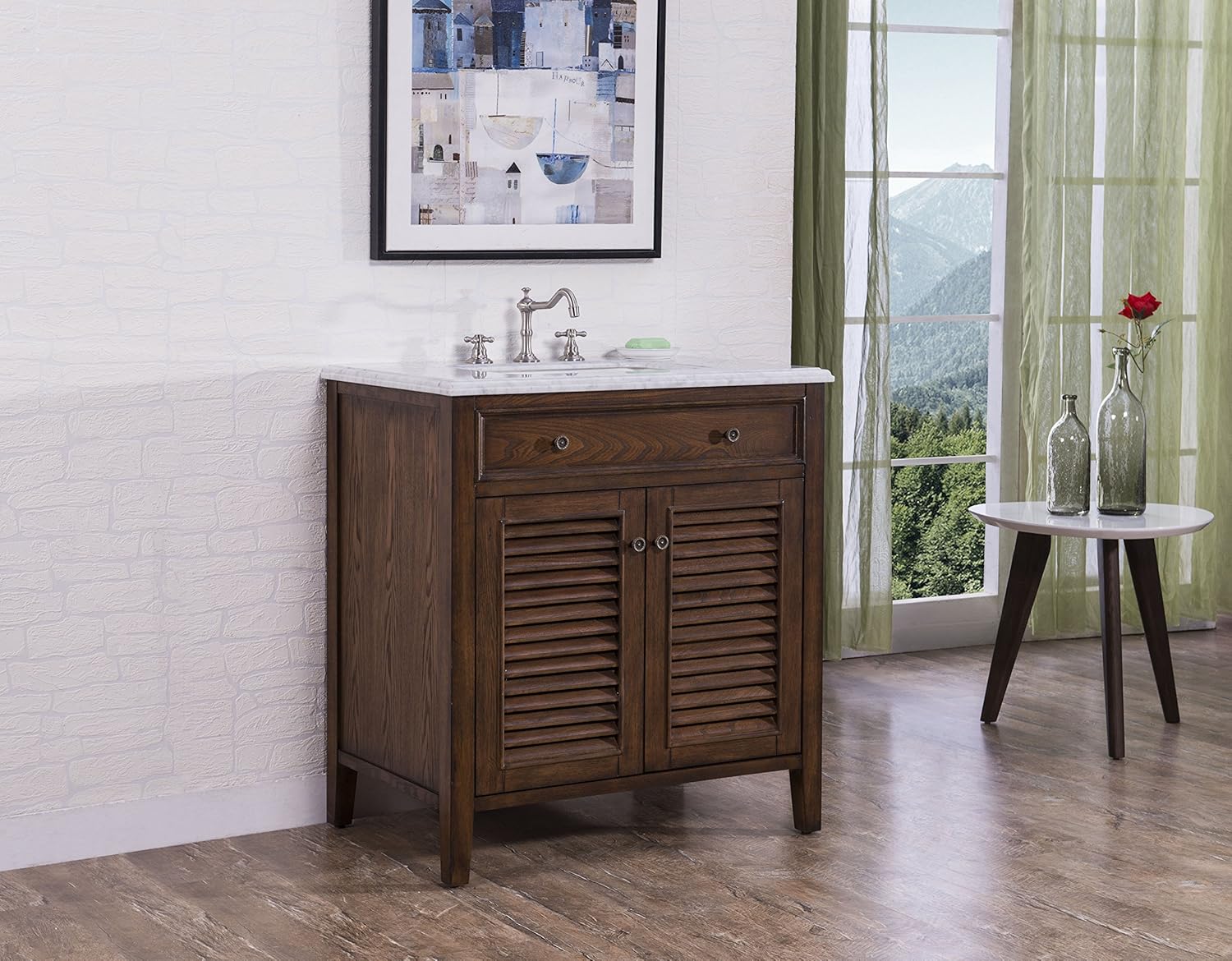If you've noticed a foul odor coming from your bathroom sink faucet, you're not alone. This common issue can be caused by a variety of factors, and it's important to identify the root cause in order to effectively get rid of the smell. One of the most common causes of sewer smell in a bathroom sink faucet is a dry P-trap. This curved pipe under the sink is designed to trap water, which creates a barrier between your home and the sewage system. When this trap dries out, it can allow sewer gas to escape into your home. Another potential cause is a clog in the drain pipe, which can trap debris and create a buildup of bacteria that produces the unpleasant smell.1. Causes of Sewer Smell in Bathroom Sink Faucet
Dealing with a smelly bathroom sink faucet can be frustrating, but there are several ways to eliminate the odor. First, try running water through the faucet for a few minutes to refill the P-trap and create a seal. If this doesn't work, you may need to clean the drain and P-trap to remove any buildup of debris. Another effective solution is to pour a mixture of hot water and baking soda down the drain, followed by a cup of vinegar. Let it sit for 5-10 minutes before flushing it out with hot water. This can help to dissolve any clogs and eliminate the odor.2. How to Get Rid of Sewer Smell in Bathroom Sink Faucet
In addition to a dry P-trap or clogged drain, there are other common reasons for a sewage smell in your bathroom sink faucet. One of these is a cracked or damaged pipe, which can allow sewer gas to escape into your home. Another possibility is a broken vent pipe, which is responsible for releasing gas from your plumbing system. If this pipe is blocked or damaged, it can cause sewer smells to linger in your bathroom. A malfunctioning wax ring around the base of the toilet can also lead to sewer gas escaping into your home.3. Common Reasons for Sewage Smell in Bathroom Sink Faucet
If you're dealing with a sewage smell in your bathroom sink faucet, there are some DIY solutions you can try before calling a professional plumber. In addition to the hot water and baking soda/vinegar method mentioned earlier, you can also try using a plunger to clear any clogs in the drain. Another option is to use a drain snake to remove any debris that may be causing the smell. You can also try using a mixture of lemon juice and water to clean and deodorize the faucet itself.4. DIY Solutions for Sewer Smell in Bathroom Sink Faucet
Regular cleaning and maintenance can go a long way in preventing and eliminating sewage smells in your bathroom sink faucet. Start by using a mild soap and water to clean the faucet and surrounding area, making sure to remove any buildup of grime or bacteria. You can also use a mixture of equal parts water and vinegar to disinfect and deodorize the faucet. For a more thorough cleaning, remove the faucet aerator and soak it in a mixture of hot water and vinegar for 30 minutes before rinsing and reattaching it.5. How to Clean and Deodorize a Smelly Bathroom Sink Faucet
Prevention is key when it comes to dealing with sewer smells in your bathroom sink faucet. One of the easiest ways to prevent this issue is by regularly using your sink and ensuring the P-trap is always filled with water. You can also pour a cup of bleach down the drain once a month to help keep it clean and free of bacteria. Avoid putting any large or solid objects down the drain, and make sure to clean out the drain stopper regularly to prevent buildup. If you notice any leaks or damaged pipes, it's important to get them repaired as soon as possible to prevent sewer smells from entering your home.6. Tips for Preventing Sewer Smell in Bathroom Sink Faucet
If you've tried DIY solutions and still can't get rid of the sewer smell in your bathroom sink faucet, it may be time to call in a professional plumber. They have the expertise and tools to identify and fix any underlying issues that may be causing the smell. They can also provide regular maintenance to prevent future smells from occurring. Professional plumbers can also help to identify and fix any larger plumbing issues, such as damaged or clogged pipes, that may be contributing to the smell.7. Professional Plumbing Services for Sewage Smell in Bathroom Sink Faucet
If you're not sure what's causing the sewer smell in your bathroom sink faucet, it's best to call in a professional to identify and fix the issue. They will be able to assess your plumbing system and determine if there are any leaks, clogs, or damaged pipes that need to be repaired or replaced. They can also check the vent pipe and wax ring to ensure they are functioning properly. By properly identifying and fixing the root cause, you can eliminate the sewer smell and prevent it from coming back.8. How to Identify and Fix a Sewer Gas Smell in Bathroom Sink Faucet
If you prefer to use natural remedies, there are a few options for getting rid of sewer smell in your bathroom sink faucet. In addition to the hot water and baking soda/vinegar mixture mentioned earlier, you can also try using essential oils such as peppermint or tea tree to deodorize the faucet and surrounding area. Placing a small bowl of activated charcoal near the faucet can also help to absorb any lingering odors. Regularly cleaning and disinfecting your faucet with natural products can also help to prevent sewer smells from occurring.9. Natural Remedies for Sewer Smell in Bathroom Sink Faucet
If you're dealing with a persistent sewer smell in your bathroom sink faucet, it could be a sign of a larger plumbing issue. In addition to the smell, other signs to watch out for include slow draining water, gurgling sounds in the pipes, and visible leaks or damage to the pipes. If you notice any of these signs, it's important to call a professional plumber to assess the situation and make the necessary repairs. Ignoring these signs could lead to more serious plumbing problems and costly repairs in the future.10. Signs of a Larger Plumbing Issue Causing Sewer Smell in Bathroom Sink Faucet
The Importance of Proper Plumbing in House Design
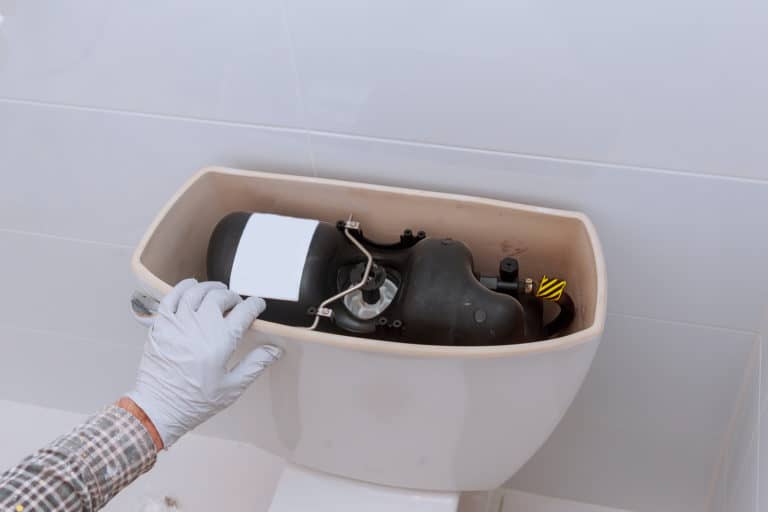
The Role of Plumbing in a Home
 When it comes to designing a house, plumbing is often an overlooked aspect. However, it is an essential element that plays a crucial role in maintaining a functional and comfortable living space. Plumbing is responsible for supplying clean water and removing waste from the house, making it a vital part of our daily lives. However, when plumbing issues arise, they can quickly turn into a nightmare, especially when it involves a foul smell coming from your bathroom sink faucet.
When it comes to designing a house, plumbing is often an overlooked aspect. However, it is an essential element that plays a crucial role in maintaining a functional and comfortable living space. Plumbing is responsible for supplying clean water and removing waste from the house, making it a vital part of our daily lives. However, when plumbing issues arise, they can quickly turn into a nightmare, especially when it involves a foul smell coming from your bathroom sink faucet.
The Cause of a Sewage Smell in Your Bathroom Sink Faucet
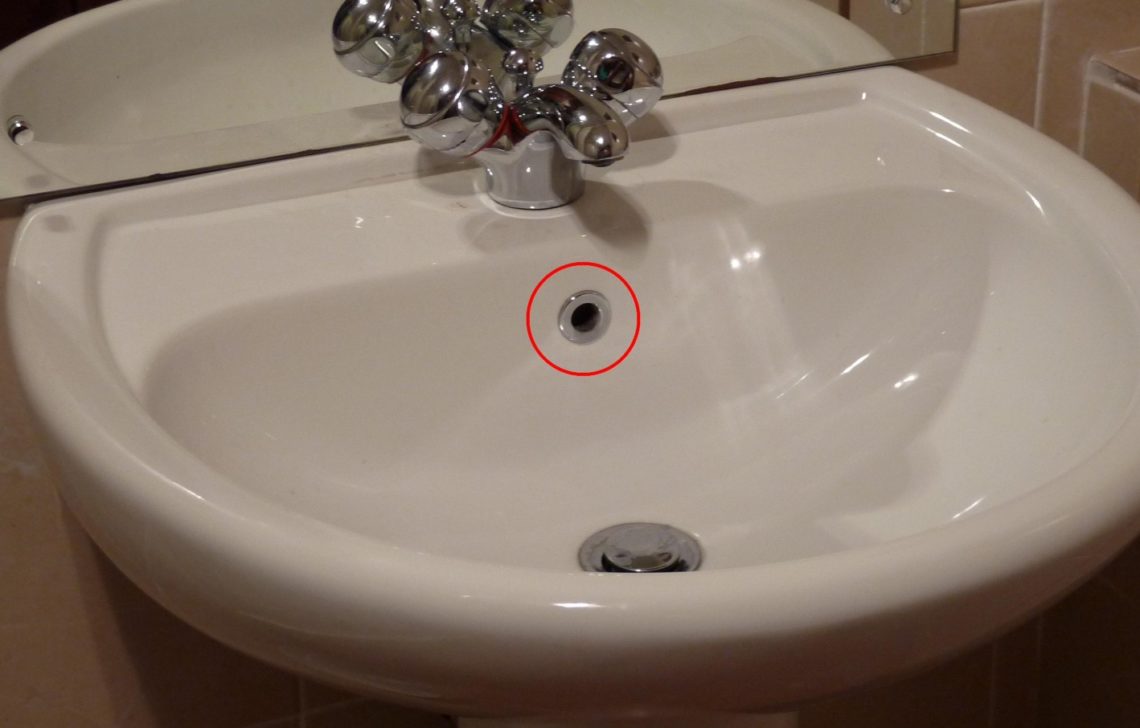 A sewage smell coming from your bathroom sink faucet is not only unpleasant but also a sign of a potential plumbing problem. The most common cause of this issue is a build-up of bacteria and organic matter in the drain. Over time, hair, soap scum, and toothpaste residue can accumulate in the drain, creating the perfect environment for bacteria to thrive. The bacteria then produce a foul odor that can be easily detected through your bathroom sink faucet.
A sewage smell coming from your bathroom sink faucet is not only unpleasant but also a sign of a potential plumbing problem. The most common cause of this issue is a build-up of bacteria and organic matter in the drain. Over time, hair, soap scum, and toothpaste residue can accumulate in the drain, creating the perfect environment for bacteria to thrive. The bacteria then produce a foul odor that can be easily detected through your bathroom sink faucet.
The Dangers of Ignoring Plumbing Issues
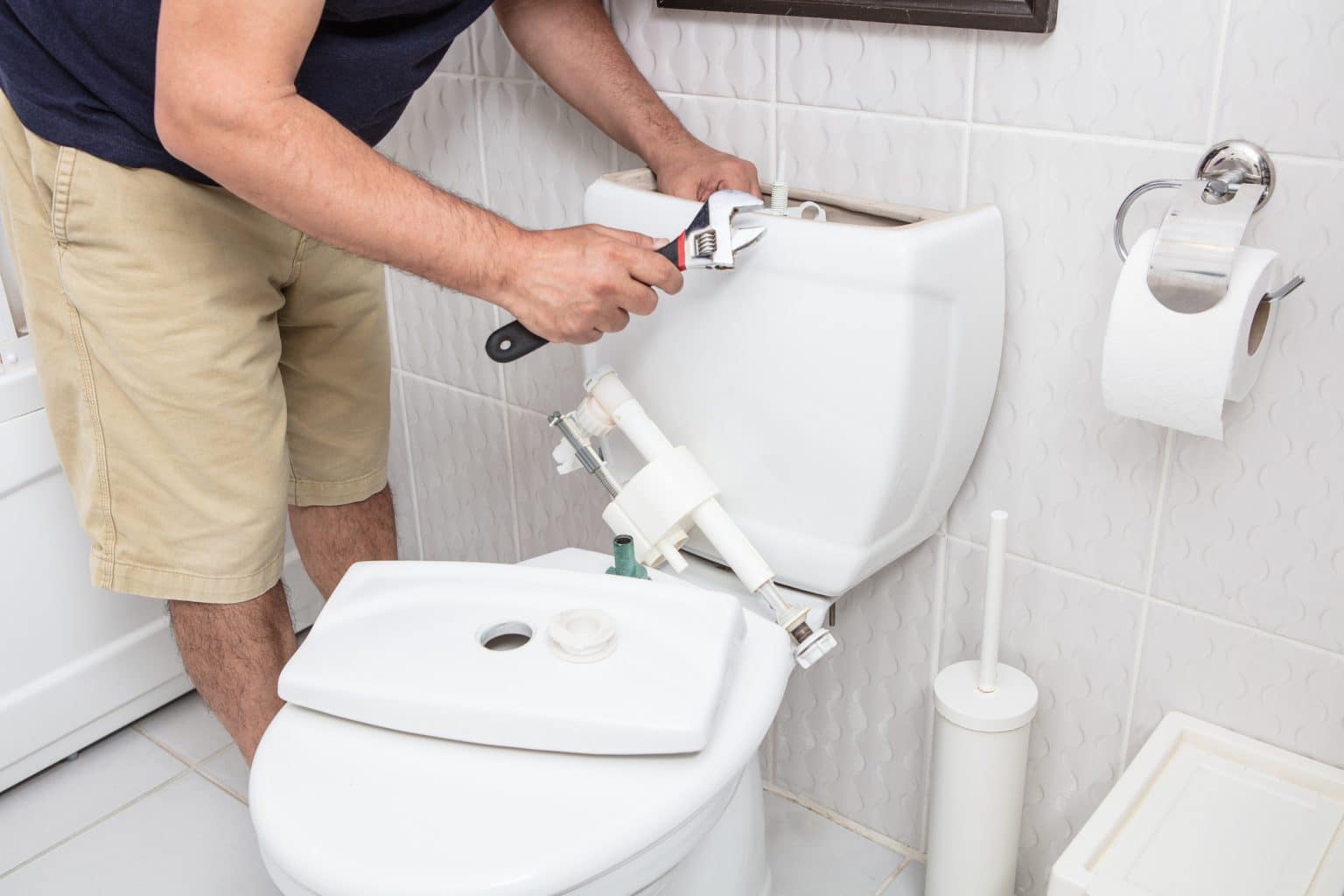 While a sewage smell coming from your bathroom sink faucet may seem like a minor inconvenience, it is crucial to address the issue promptly. Ignoring plumbing problems can lead to more significant issues, such as clogs and leaks, which can cause structural damage to your home. Additionally, the foul smell can be a health hazard, as it indicates the presence of harmful bacteria and contaminants in your water supply.
While a sewage smell coming from your bathroom sink faucet may seem like a minor inconvenience, it is crucial to address the issue promptly. Ignoring plumbing problems can lead to more significant issues, such as clogs and leaks, which can cause structural damage to your home. Additionally, the foul smell can be a health hazard, as it indicates the presence of harmful bacteria and contaminants in your water supply.
How to Get Rid of the Sewage Smell
 The first step in getting rid of the sewage smell is to clean the drain thoroughly. You can try using a mixture of baking soda and white vinegar, followed by hot water, to break down any build-up in the drain. If this does not solve the issue, it may be time to call a professional plumber. They can use specialized tools and techniques to clear out the drain and ensure that the problem is resolved.
The first step in getting rid of the sewage smell is to clean the drain thoroughly. You can try using a mixture of baking soda and white vinegar, followed by hot water, to break down any build-up in the drain. If this does not solve the issue, it may be time to call a professional plumber. They can use specialized tools and techniques to clear out the drain and ensure that the problem is resolved.
Final Thoughts
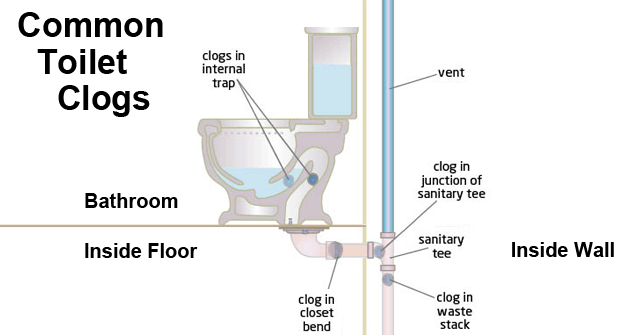 In conclusion, proper plumbing is crucial in house design, and it is essential to address any plumbing issues promptly. If your bathroom sink faucet smells like sewage, do not ignore it. It is a sign of a potential problem that needs to be addressed to avoid further damage and potential health hazards. Regular maintenance and proper care of your plumbing system can help prevent these issues and ensure a safe and comfortable living environment for you and your family.
In conclusion, proper plumbing is crucial in house design, and it is essential to address any plumbing issues promptly. If your bathroom sink faucet smells like sewage, do not ignore it. It is a sign of a potential problem that needs to be addressed to avoid further damage and potential health hazards. Regular maintenance and proper care of your plumbing system can help prevent these issues and ensure a safe and comfortable living environment for you and your family.




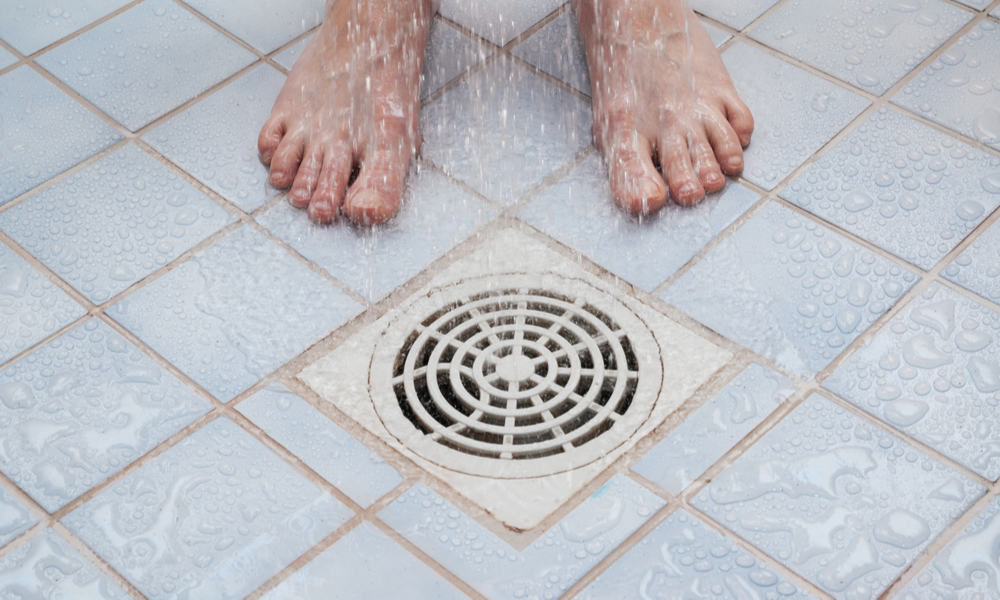

.jpg)
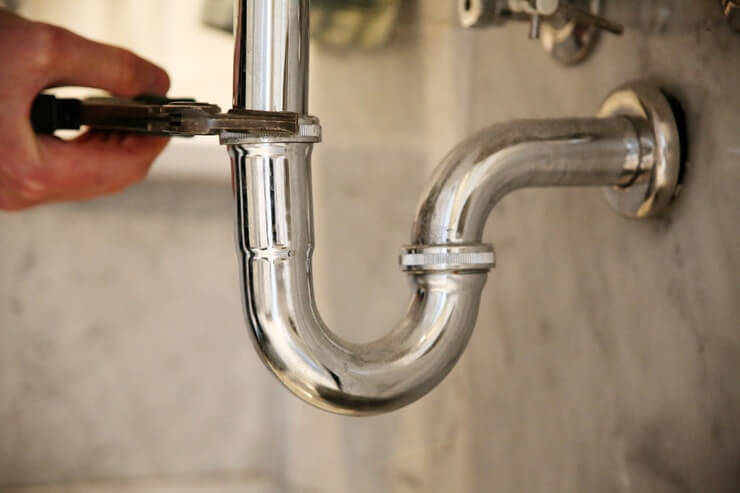


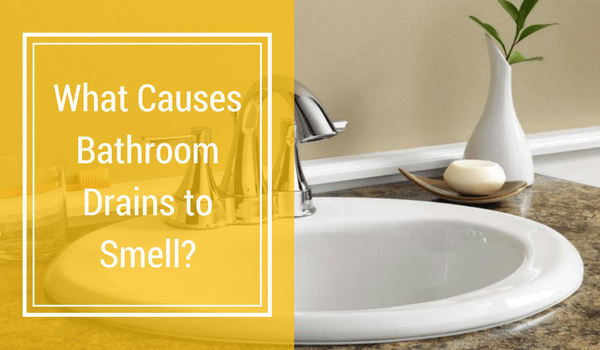


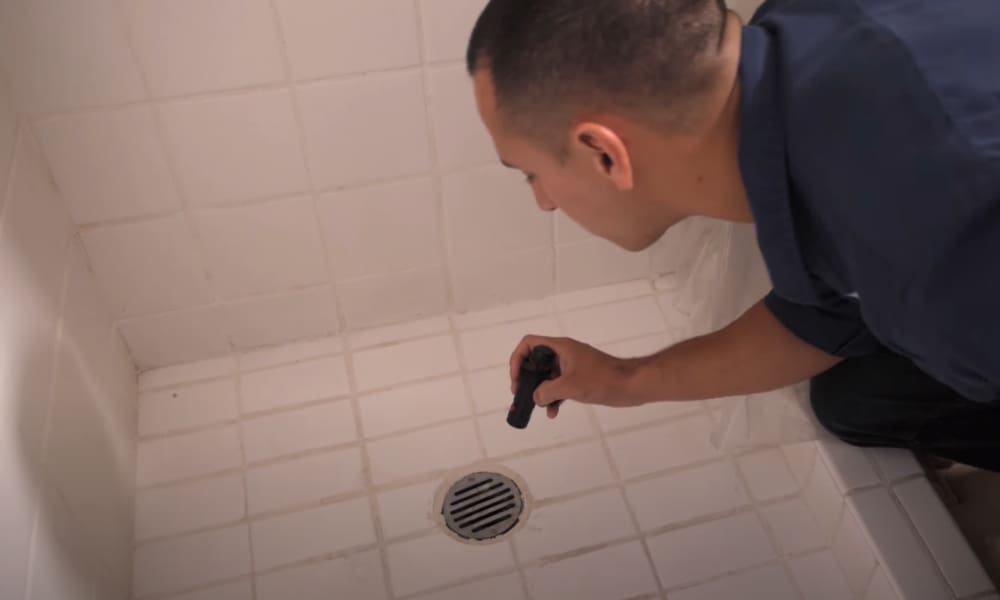



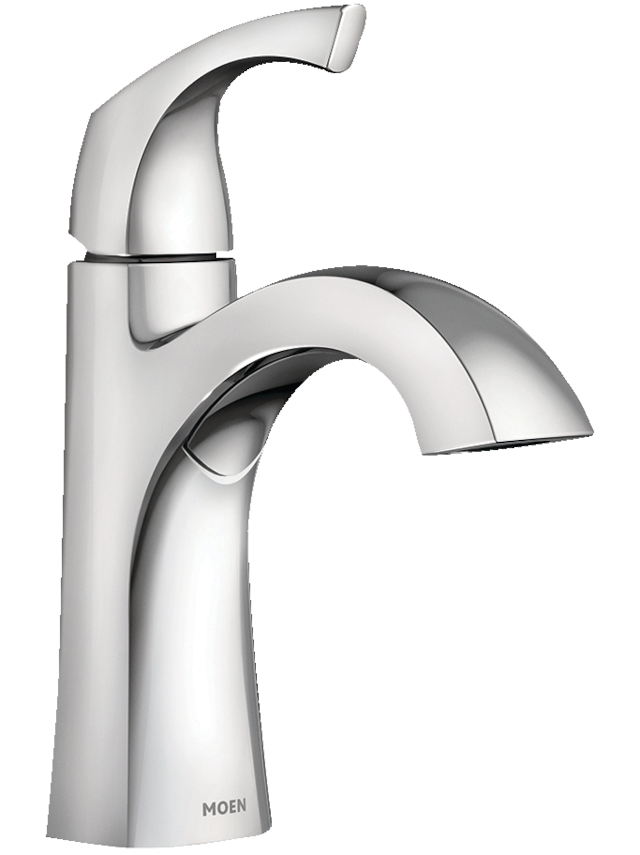


:max_bytes(150000):strip_icc()/sink-pipe-under-wash-basin-119001607-6f28aec4c66944efb7a9a38cb622ab8b.jpg)

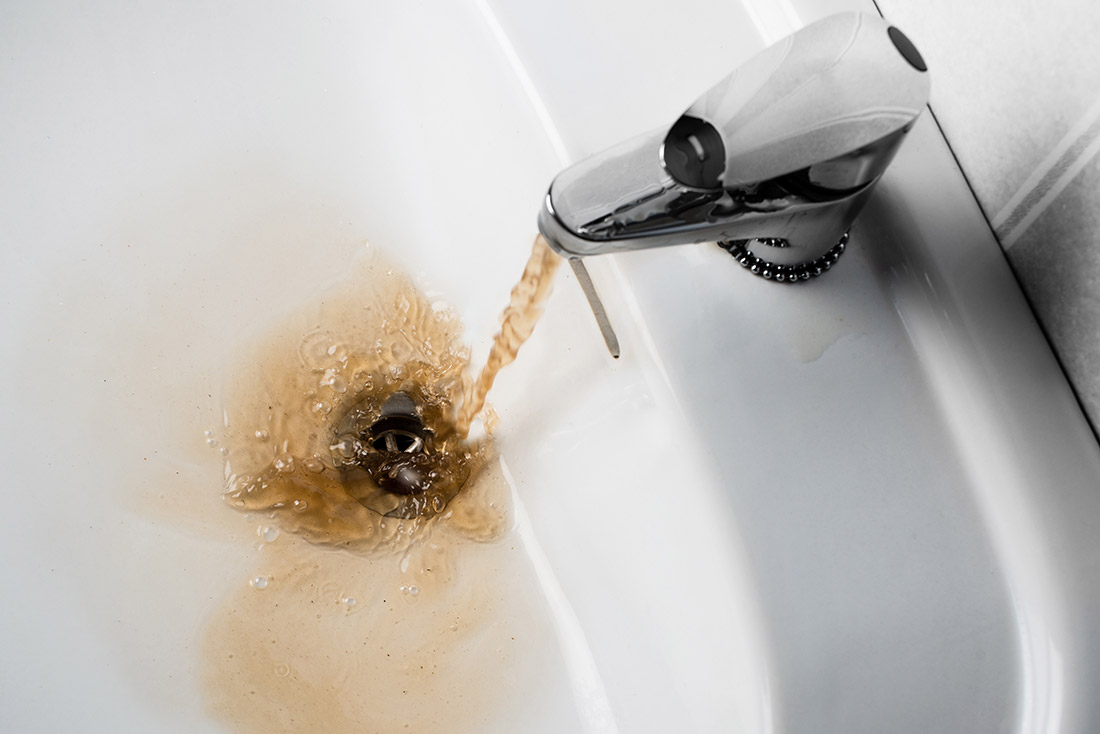
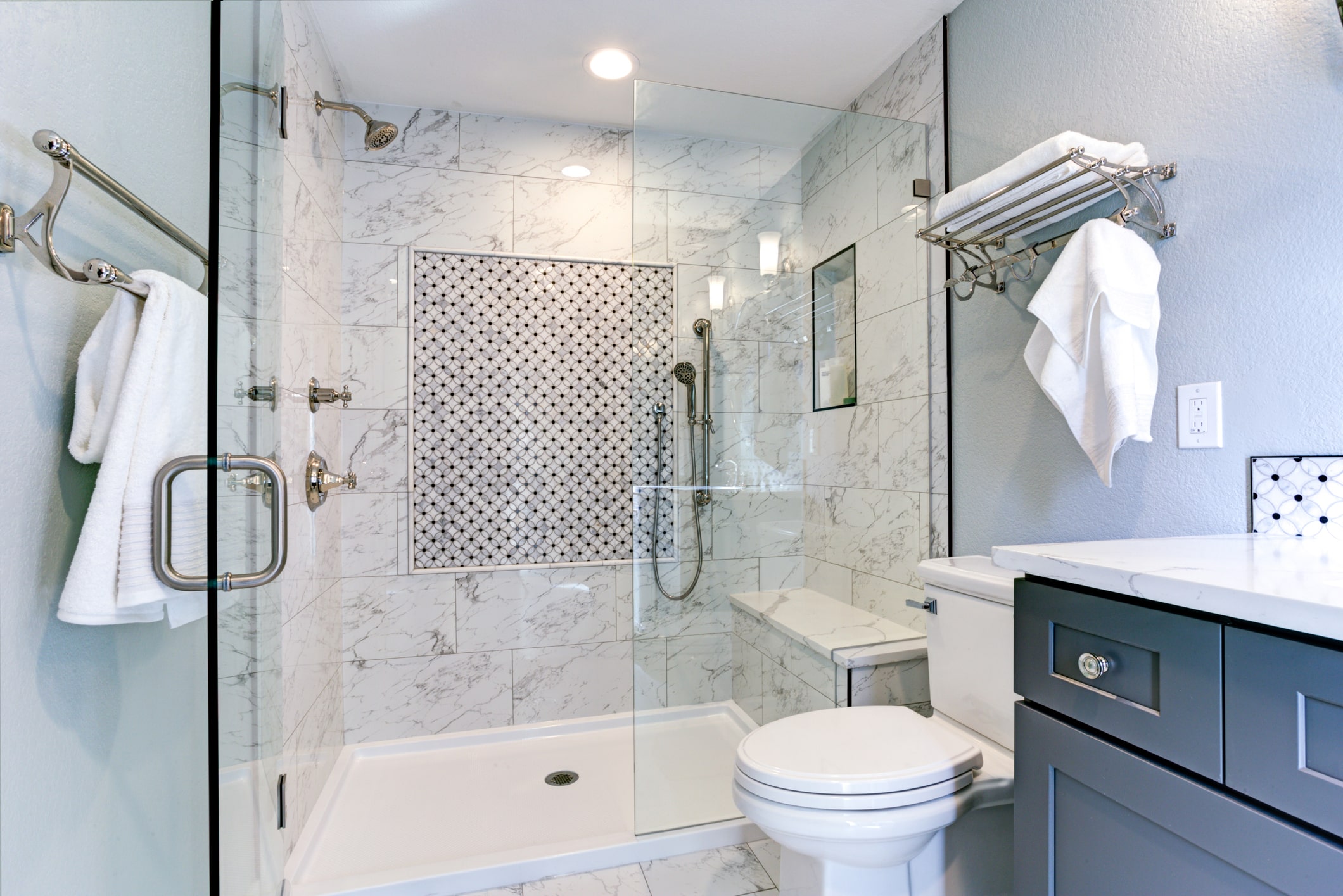
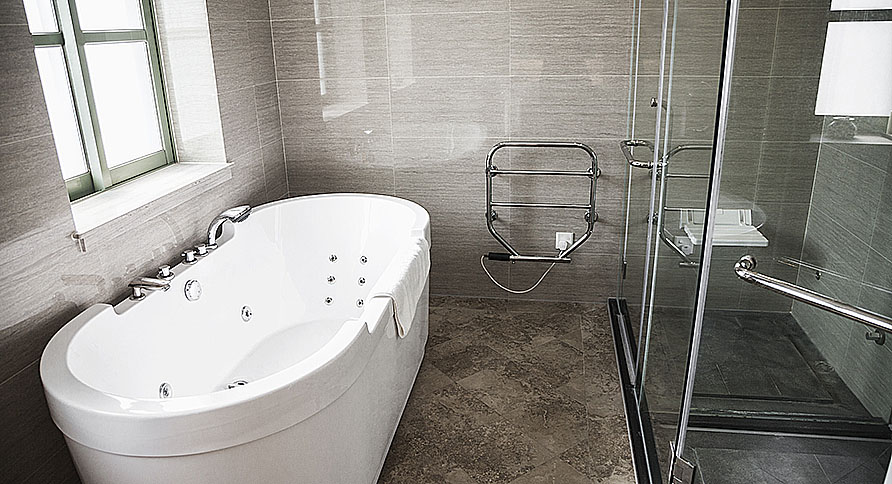















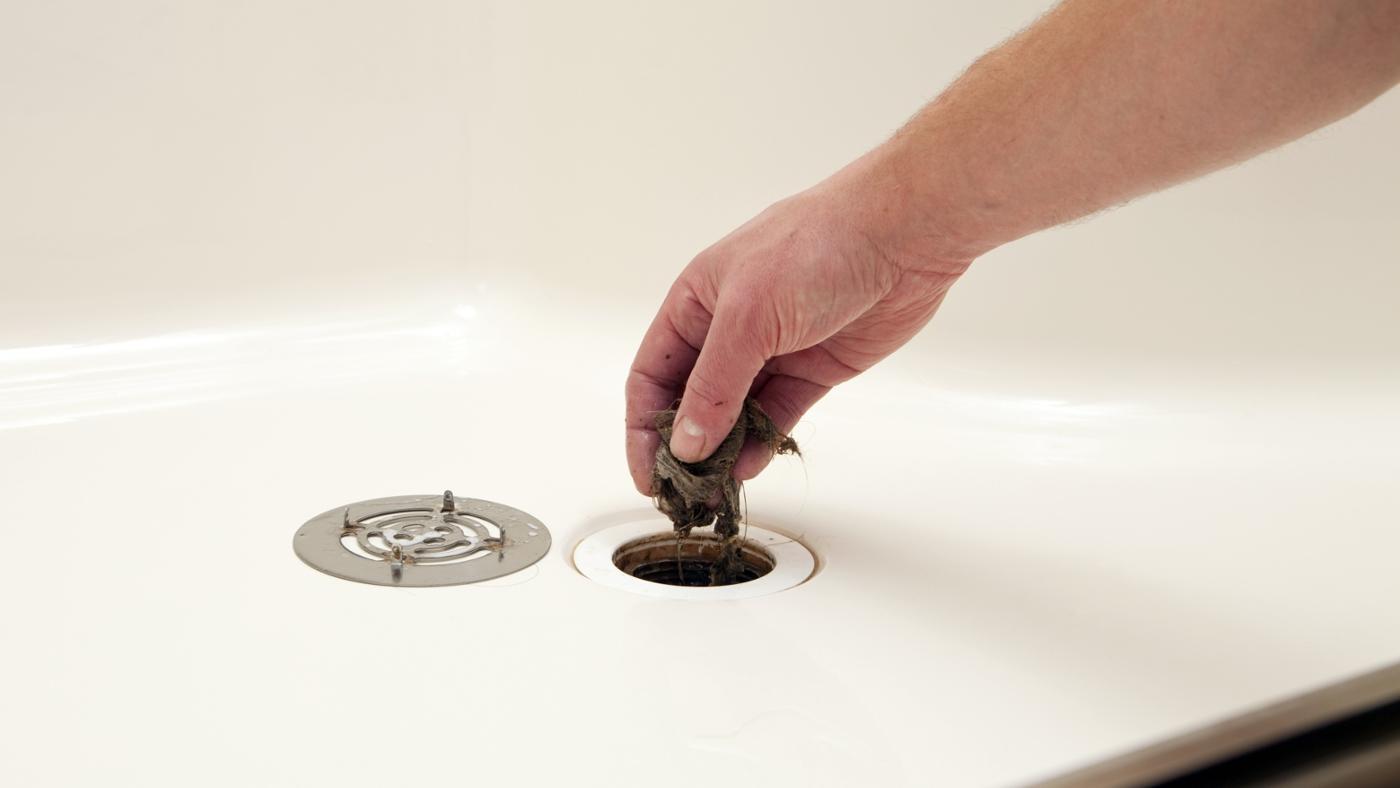
:max_bytes(150000):strip_icc()/freshen-and-unclog-drain-with-baking-soda-1900466-22-bbf940b70afa4d5abef0c54da23b1d3f.jpg)
